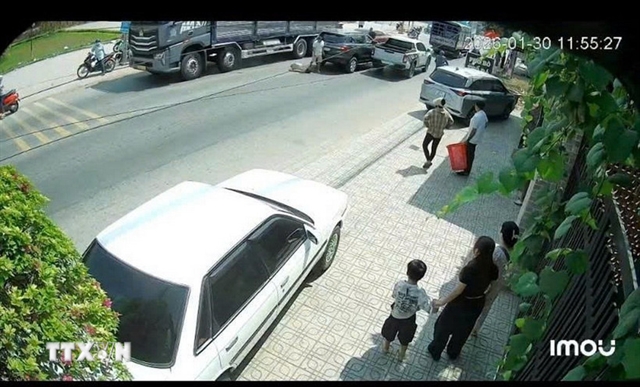 Economy
Economy

The Ministry of Finance has proposed corporate income tax (CIT) rates on small and micro businesses to be lowered from currently 20 per cent to 15-17 per cent.
 |
| The Ministry of Finance has proposed corporate income tax rates on small and micro businesses to be lowered from currently 20 per cent to 15-17 per cent. - Photo vneconomy.vn |
HÀ NỘI — The Ministry of Finance has proposed cutting corporate income tax (CIT) rates on small and micro businesses from the current 20 per cent to 15-17 per cent.
The idea was raised in a National Assembly draft resolution which the ministry recently published for comments.
The move aims to promote the development of small- and medium – sized enterprises and to encourage business households to transform into enterprises, as well as enhance their competitiveness and create jobs.
The Vietnamese Government aims to have one million businesses by 2020, 1.5 million by 2025 and two million by 2030.
The ministry said that SMEs played a significant role in the country’s socio-economic development and were recognised to be the driver for economic growth, citing statistics that Việt Nam had more than 600,000 firms, nearly 500,000 of them were private firms with 96 per cent of being small and micro scales.
The private firms created 1.2 million jobs and contributed more than 40 per cent of gross domestic product (GDP).
Tax incentive policies are a commonly-used tool to promote SMEs in many countries, according to the finance ministry.
China uses a 5 per cent, 10 per cent and 20 per cent CIT rates for different levels of taxable incomes of SMEs, while Thailand has rates of 15 per cent and even tax exemptions for SMEs.
In Việt Nam, SMEs must pay CIT rate of 20 per cent, the same as other enterprises, prompting the need for “reasonably CIT rates for SMEs”, the ministry said.
In the draft resolution, the finance ministry proposed a CIT tax rate of 17 per cent on small businesses and 15 per cent on micro businesses. Small businesses would be those with annual revenue from VNĐ3 billion to VNĐ50 billion and less than 100 regular employees while micro businesses would be those with an annual revenue of less than VNĐ3 billion and less than 10 regular employees.
The ministry said that CIT incentive rates would not be applied for subsidiaries to prevent tax avoidance.
In the draft, the ministry also proposed tax exemptions for two years after first reporting taxable income for firms which transform from business households. This aimed to encourage business households to transform into enterprises.
The ministry estimated that if these tax policies were applied, the State budget would lose a sum of about VNĐ9.2 billion per year in tax revenue.
The reduction of tax collection in the short term would create pressure on the State budget. However, the policies would promote the development of SMEs, encourage them to expand investment and production which would help increase tax revenue in the long term, the ministry said. — VNS




